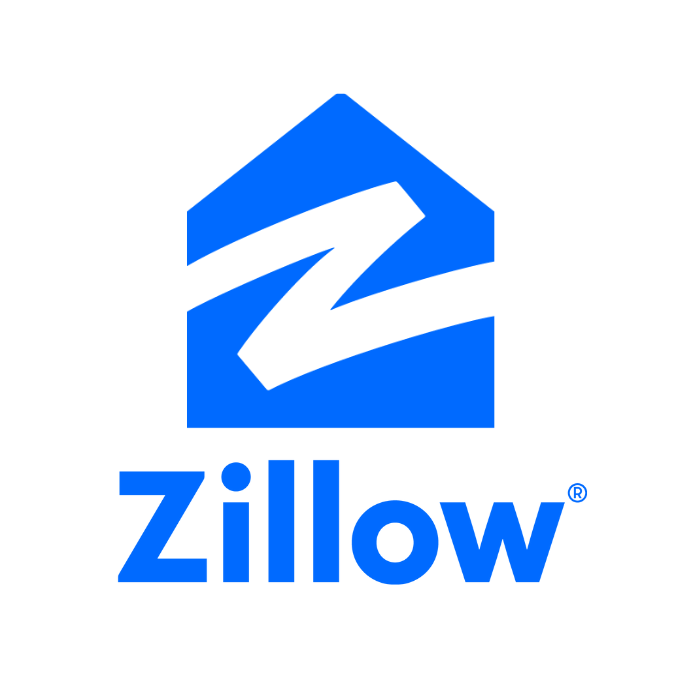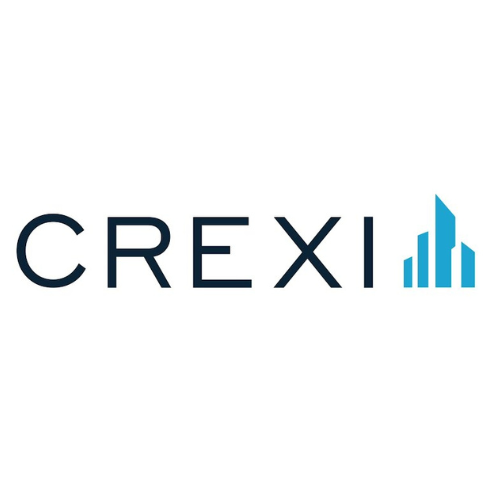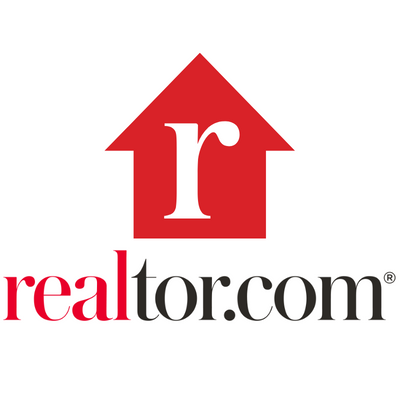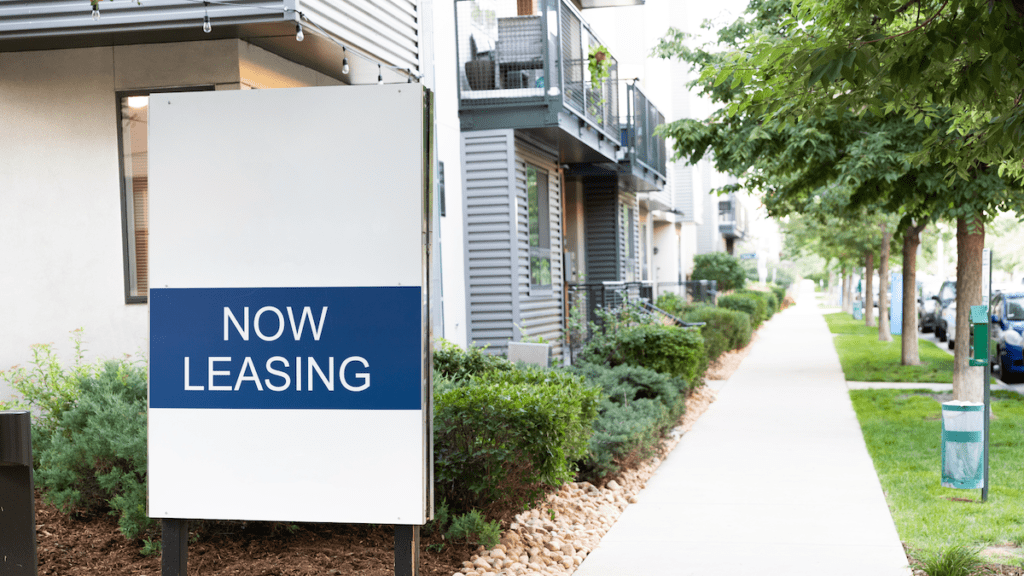Last Updated: January 2024

Well-planned rental property marketing strategies showcase property features that attract and reach the target audience, resulting in reduced vacancy rates and maximized income. In today’s competitive market, the most effective rental property marketing deploys a mix of traditional and digital marketing methods, from print advertisements to virtual tours.
20 Highly Effective Rental Property Marketing Strategies
Innovative rental property marketing ideas and strategies play a crucial role in attracting potential tenants and maximizing rental income for both residential and commercial real estate. The following list of rental property marketing strategies, along with their descriptions, provides a comprehensive guide to help property owners and managers effectively promote their properties, reach their target audience, and reduce vacancy rates.
1. Professional Photography
Invest in high-quality photos that showcase your property’s best features, creating a positive first impression for potential tenants. If you want to take it a step further, you can do aerial drone photography for the property.
2. Virtual Tours
Create 3D virtual tours to allow prospects to explore the property remotely, increasing engagement and convenience. This can be as simple as a video walkthrough or as professional as hiring a service to use a 360 degree camera.
3. Online Listings
Post your property on popular listing platforms like Zillow, Craigslist, or LoopNet to reach a wider audience. Depending on the type of rental property, there are specific real estate listing platforms for each property type.
4. Print Publications
Believe it or not, print publications can still be effective. Be sure to advertise your property in only relevant publications that apply to your target audience or local community.
5. Social Media
Share your property on social media platforms like Facebook, Instagram, and Twitter (X) to engage potential tenants and gain exposure.
6. Property Signage
Place eye-catching “For Rent” or “For Sale” signs on the property with clear contact information, attracting passersby. You would be surprised how many times the perfect prospect is often local to the property.
7. Property Website
Create a dedicated website for your property with detailed information, photos, virtual tours, and contact information. Some property management software solutions now offer this feature. Be sure that the URL is relevant to the property, such as its address (e.g. 123mainstreetapartments.com).
8. Email Marketing
Send out newsletters or email blasts to prospective tenants in your database, highlighting property features and availability. This can be easily done via real estate marketing software.
9. Networking
Leverage connections with local business owners, real estate agents, and property managers to spread the word about your property.
10. Open Houses
Host open houses or property tours, giving potential tenants the opportunity to view the property in person and ask questions. This is a must have for residential rental properties, including both single family rentals and multifamily apartments.
11. Incentives
Offer incentives like reduced rent, move-in specials, or referral bonuses to attract tenants and fill vacancies quickly. Be sure to advertise these incentives to get potential leads to reach out.
12. Local Partnerships
Collaborate with local businesses to cross-promote your property, generating leads and referrals.
13. Targeted Online Ads
Use Google Ads or Facebook Ads to target your ideal tenant demographic, increasing the chances of finding the right tenants. There is a bit of a learning curve to this strategy, but it can be highly effective once fully understood.
14. Property Staging
Stage the property with furniture and décor to help potential tenants visualize the space and make it more appealing. This applies to both interior and exterior spaces, and can also include performing property construction and maintenance updates.
15. Video Marketing
Create engaging videos showcasing the property and its amenities, which can be shared on social media and listing platforms.
16. SEO Optimization
Optimize your property website and online listings with relevant keywords to improve search engine visibility. Be sure to include local keywords such as the city name and property type (e.g. Self storage facilities in Dallas, Texas USA).
17. Flyers and Brochures
Distribute professional flyers and brochures at local businesses, community centers, or other high-traffic areas. Having something physical to touch and take home, reinforces the memory of your property.
18. Word of Mouth
Encourage friends, family, and existing tenants to spread the word about your rental property, generating referrals. Just be sure to remember that this is a business and any “discounts” directly have an adverse effect on the financials of your rental property.
19. Tenant Testimonials
Gather positive testimonials from current or past tenants to build trust and credibility with prospective tenants. This type of rental property marketing strategy establishes instant trust with new prospects. An innovative platform for this strategy is openigloo.
20. Regular Updates
Keep your online listings and property website up to date with accurate availability, pricing, and property information to avoid confusion and maintain a professional image.
The #1 Rental Property Newsletter
Once a month, we send out an exclusive Rental Property Market Update with top stories, current mortgage rates, building products, and more. No spam and unsubscribe anytime.


What are Rental Property Marketing Strategies?
Rental property marketing strategies are a set of methods and tactics used by property owners and managers to promote their properties, attract potential buyers or tenants, and maximize rental income or returns. These strategies typically encompass a mix of traditional and digital approaches, such as print advertisements, online listings, social media promotion, and virtual tours, designed to showcase the property’s features, reach the target audience, and reduce vacancy rates.
Understanding Your Target Audience
In rental property marketing, one size does not fit all; your approach must differ depending on whether you’re targeting buyers, sellers, or renters, and whether they’re interested in residential or commercial properties. Each of these audiences has unique needs, preferences, and pain points that can significantly affect their decisions. Below we take a look at characteristics of each below.
| Characteristic | Residential Buyers | Commercial Buyers | Residential Sellers | Commercial Sellers | Residential Renters | Commercial Renters |
| Demographics | Families, retirees, investors | Business owners, investors | Property owners, investors | Business owners, investors | Students, professionals | Small to large businesses |
| Investment Goals | Homeownership, rental income | Business growth, rental income | Maximize sale price | Maximize sale price, quick sale | N/A | Business expansion, contract flexibility |
| Duration of Interest | Long-term (Ownership) | Long-term (Ownership or leasing) | Short-term (Until property is sold) | Short-term (Until property is sold) | Short-term to long-term | Short-term to long-term |
| Location Preferences | Safe neighborhoods, good schools | Commercial districts, high footfall | N/A | N/A | Proximity to work/school | Proximity to business centers |
| Budget Concerns | Mortgage rates, down payment | Business financing, ROI | Agent commissions | Agent commissions | Rent, security deposit | Lease terms, monthly rent |
| Decision Drivers | School districts, property condition | Business needs, property condition | Property valuation, market demand | Property valuation, market demand | Amenities, location | Location, amenities |
| Communication Channels | Real estate websites, agents | Commercial real estate agents | Rental Real estate agents | Commercial real estate agents | Rental websites, social media | Commercial property brokers, business networks |
Advertising Rental Properties Online
Whether you are buying, selling, or leasing a rental property, online real estate listing platforms such as Zillow, Loopnet or Apartments.com facilitate millions of rental property transactions every year. Tenants or property owners usually have free access to use the platforms, however, most do charge the landlord a fee to list their property on the site. This nominal fee can either be one-time or monthly, and is usually a worthwhile investment to close a property sale or sign a lease with a quality tenant.
About the Author


Ryan Nelson
I’m an investor, real estate developer, and property manager with hands-on experience in all types of real estate from single family homes up to hundreds of thousands of square feet of commercial real estate. RentalRealEstate is my mission to create the ultimate real estate investor platform for expert resources, reviews and tools. Learn more about my story.











